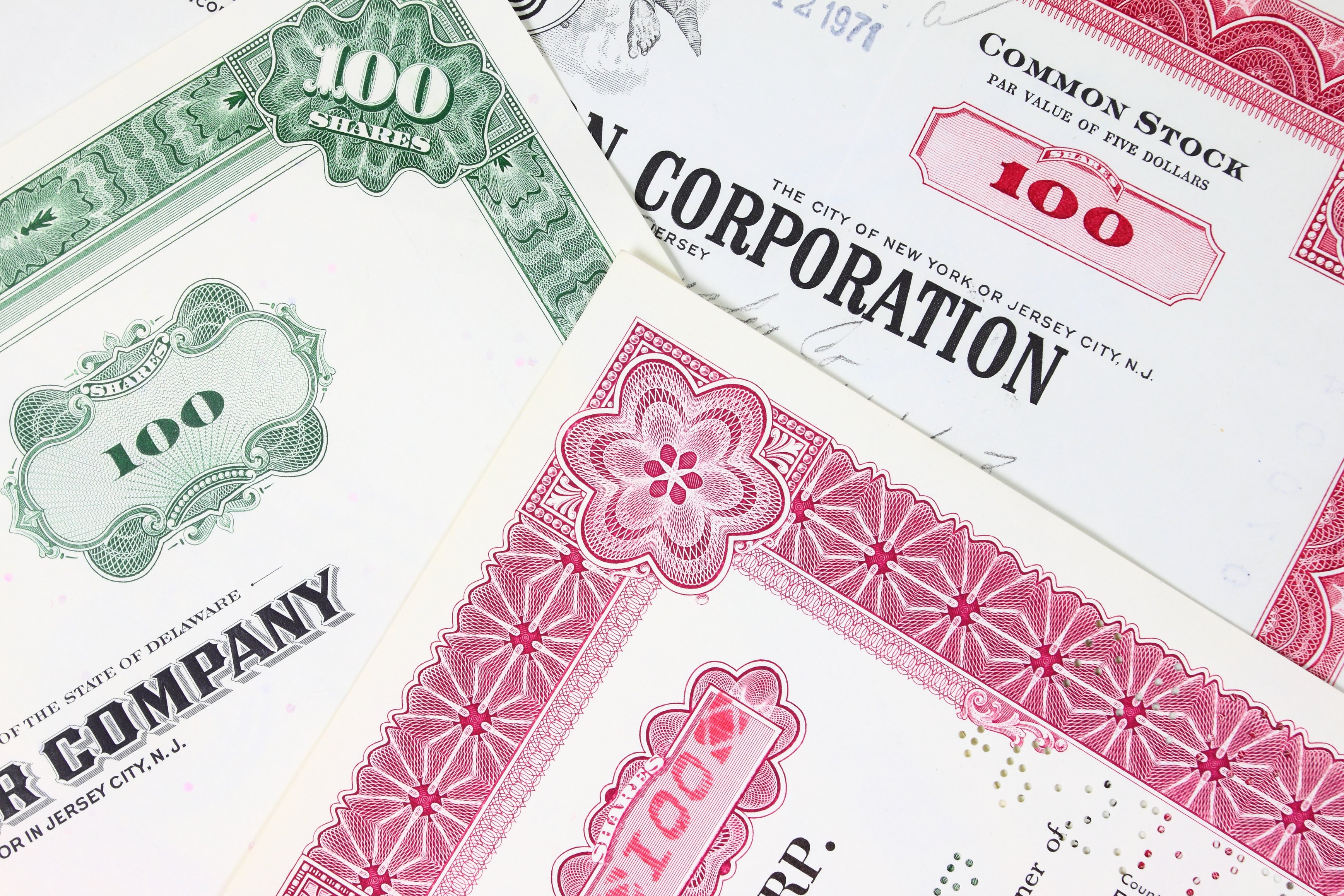There's a little-used Food and Drug Administration approval process called an accelerated approval that allows drugs for diseases with unmet needs to be approved quicker. It's a win for patients who gain early access to drugs, and companies benefit by getting their drugs on the market with less data than the FDA would normally require.
The accelerated approval process isn't without problems though. The FDA requires drugmakers to prove that their drugs really do work by running more trials after receiving an accelerated approval.
From a financial standpoint, there's not much incentive to run the trials. If they come up positive, they're not likely to boost sales much, but if they end up showing that the drug doesn't work, the indication will be removed, like Roche's Avastin in breast cancer, or severely restricted, like AstraZeneca's (NYSE: AZN) Iressa.
The FDA does have the right to fine companies and even revoke their approvals, which keeps most drugmakers from dragging their feet too much. Still the FDA held a meeting yesterday to discuss six cancer drugs that hadn't completed their trials even though they've been on the market for at least two years.
|
Drug |
Company |
Year Approved |
|---|---|---|
| Erbitux | Eli Lilly (NYSE: LLY) and Bristol-Myers Squibb (NYSE: BMY) |
2004 |
| Bexxar | GlaxoSmithKline (NYSE: GSK) |
2004 |
| Clolar | Genzyme (Nasdaq: GENZ) |
2004 |
| Arranon | GlaxoSmithKline |
2005 |
| Vectibix | Amgen (Nasdaq: AMGN) |
2006 |
| Gleevec | Novartis (NYSE: NVS) |
2008 |
Source: Wall Street Journal.
The companies claim to have a legitimate reason for not completing trials: Finding patients willing to enter the trials can be difficult. What's the advantage to entering a clinical trial if the drug is already available on the market?
It doesn't sound like the agency is ready to take action against the drugmakers, but they should work closely with the FDA to find a way to satisfy the requirements. Biting the hand that feeds them by blowing off the trials isn't an option.
Matt Koppenheffer points to one cheap stock that Tweedy, Browne is buying.








